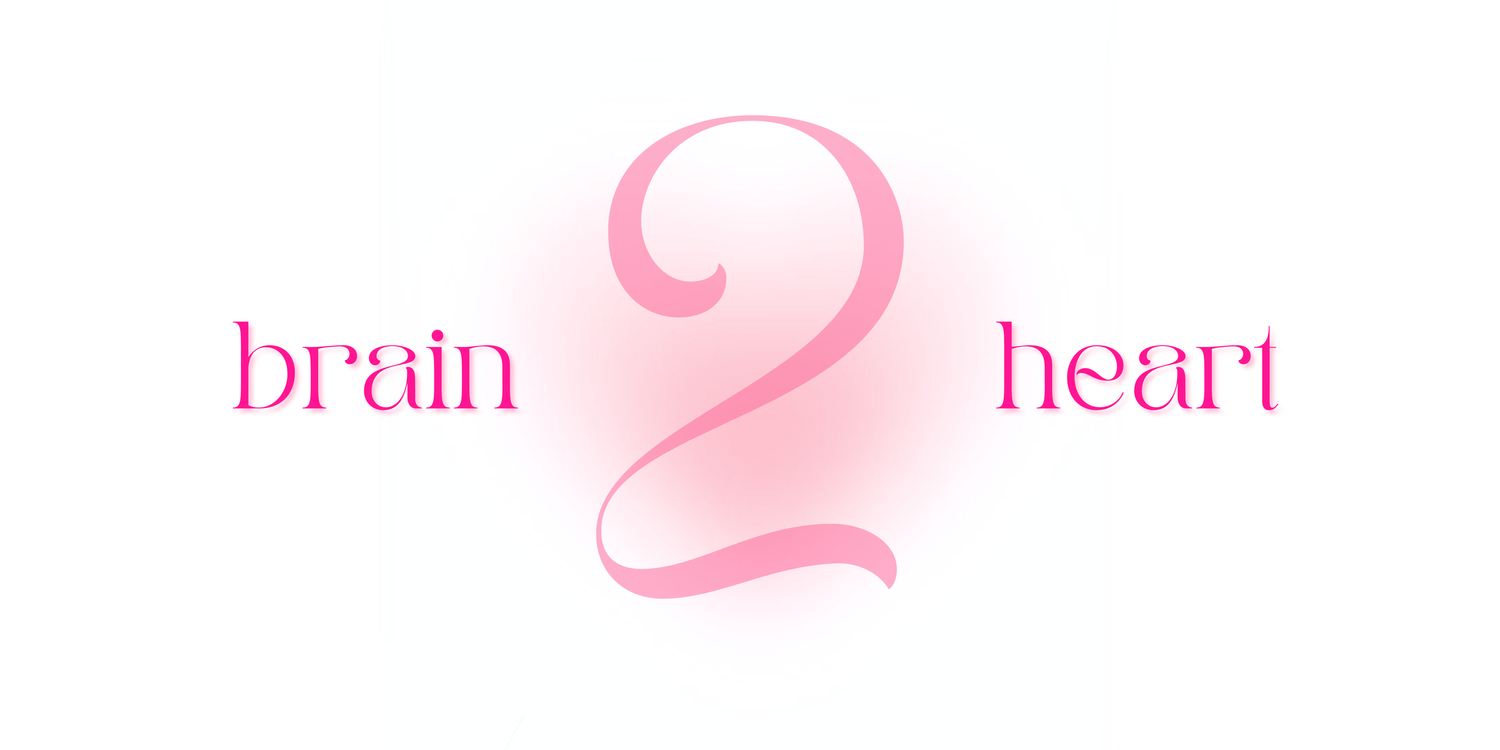Exploring Psychedelics as Modern Mental Health Tools
Psychedelics are substances known for their powerful effects on the mind. Things like LSD, magic mushrooms (which contain psilocybin), MDMA, and ayahuasca have been around for a long time and are famous for creating intense changes in perception and mood. Back in the 1950s and 60s, scientists were exploring how these drugs could help treat mental health problems. But after the 70s, research slowed way down, and psychedelics became illegal in most places. Now, though, researchers are starting to take a fresh look at these substances as possible new tools for mental health care.
So, how do psychedelics work? Basically, they interact with the brain’s serotonin system, which helps regulate mood, sleep, and perception. They particularly target something called the 5-HT2A receptor. When psychedelics bind there, they change the way different parts of the brain communicate with each other. This can lead to experiences some people describe as “ego dissolution,” where the usual sense of self fades, and people feel a deep connection to the world around them. Scientists think these experiences might help the brain “reset” itself in a way that can relieve things like depression and anxiety.
One of the reasons psychedelics are back in the spotlight is because of some promising clinical studies. For example, psilocybin-assisted therapy has shown it can help people who haven’t gotten better with regular antidepressants. MDMA, when combined with therapy, has helped many people with PTSD. What’s different here is that instead of taking medicine every day, patients usually have just a few guided sessions with trained therapists. These sessions include preparation beforehand and follow-up meetings to help make sense of what they experienced.
During therapy, patients take the psychedelic in a safe and comfortable setting while therapists support them. The experience can last several hours, so having that support is really important. After the session, therapists help patients process their experience and figure out how to bring the insights into their daily lives. This way of working is very different from just popping a pill and hoping for the best.
Of course, there are still questions to answer. We need more research to understand the long-term effects, who these treatments work best for, and how to keep people safe. Psychedelics can sometimes cause difficult or scary experiences, so they aren’t right for everyone. Plus, most psychedelics are still illegal in many countries, and it can be hard to find trained therapists who can provide this kind of care.
The legal landscape is slowly changing in some places, allowing more research and even limited medical use. But that also means we have to think carefully about how to regulate psychedelics so they are used safely and fairly. It’s important that these treatments don’t end up only available to a few people.
Looking ahead, researchers are exploring things like microdosing, taking tiny amounts of psychedelics regularly, which some say helps with mood and creativity, although the science is still unclear. New psychedelic drugs are also being developed that might have the benefits with fewer side effects. Many hope that one day psychedelics will be a normal part of mental health treatment, giving people new options when other treatments haven’t worked.
Public opinion about psychedelics is changing too. After decades of negative stigma, more people are seeing their potential for healing. But it’s important to stay realistic and not get carried away. Psychedelics are powerful, and while they offer hope, they also need to be handled with care.
In the end, psychedelics are opening up a new chapter in how we understand and treat mental health. They won’t be a magic cure-all, but for some people, they might provide relief where nothing else has. With ongoing research, responsible use, and proper support, psychedelics could become an important tool in helping people heal their minds.
Written By: Zlata Lukovych
Sources:
Verywell Mind. 2023. "Types of Psychedelic Drugs." Accessed July 26, 2025. https://www.verywellmind.com/types-of-psychedelic-drug-22073.
National Institutes of Health. 2020. "How Psychedelic Drugs Alter the Brain." NIH Research Matters, July 16, 2020. https://www.nih.gov/news-events/nih-research-matters/how-psychedelic-drugs-alter-brain.
Davis, Alan K., Frederick S. Barrett, Matthew W. May, et al. 2020. "Effects of Psilocybin-Assisted Therapy on Major Depressive Disorder: A Randomized Clinical Trial." JAMA Psychiatry 78 (5): 481–89. https://doi.org/10.1001/jamapsychiatry.2020.3285. Accessed via PMC: https://pmc.ncbi.nlm.nih.gov/articles/PMC7367180/.
Carrell, Severin. 2021. "Psychedelics Renaissance: New Wave of Research Puts Hallucinogenics Forward to Treat Mental Health." The Guardian, September 26, 2021. https://www.theguardian.com/society/2021/sep/26/psychedelics-renaissance-new-wave-of-research-puts-hallucinogenics-forward-to-treat-mental-health.
Black Dog Institute. 2022. "Psychedelics for Mental Health Show a Lot of Promise but There Are Gaps in Knowledge That Are Important to Address." Last modified 2022. https://www.blackdoginstitute.org.au/news/psychedelics-for-mental-health-show-a-lot-of-promise-but-there-are-gaps-in-knowledge-that-are-important-to-address/.
Open Foundation. 2023. "Psychedelic-Assisted Therapy vs Traditional Therapy." Accessed July 26, 2025. https://open-foundation.org/psychedelic-assisted-therapy-vs-traditional-therapy/.
Schwarz, Nicole, and Francesca Fusco. 2024. "Therapeutic Use of Psychedelic Substances in Psychiatry: A Review." Journal of Psychiatric Research 160: 142–53. https://doi.org/10.1016/j.jpsychires.2023.12.008. Accessed via ScienceDirect: https://www.sciencedirect.com/science/article/abs/pii/S0165178124001719.
Parsons, James, and Rachel Wilson. 2021. "Psychedelic Harm Reduction and Policy Reform." Harm Reduction Journal18 (1): 77. https://doi.org/10.1186/s12954-021-00489-1.
Short, Victoria. 2023. "Where Do Psychedelics Fit in the Future of Psychiatry?" Psychiatric Times, March 15, 2023. https://www.psychiatrictimes.com/view/where-do-psychedelics-fit-in-the-future-of-psychiatry.

